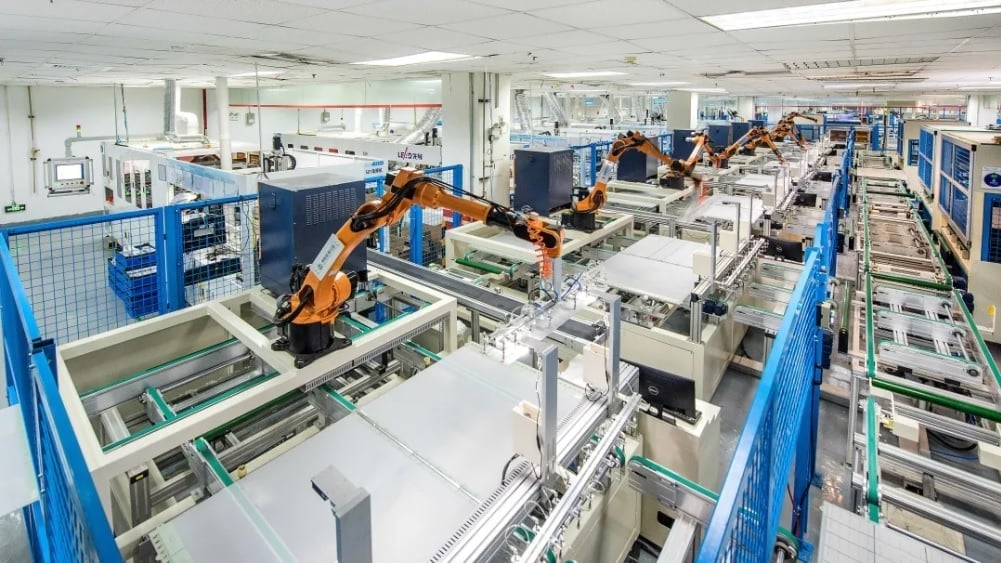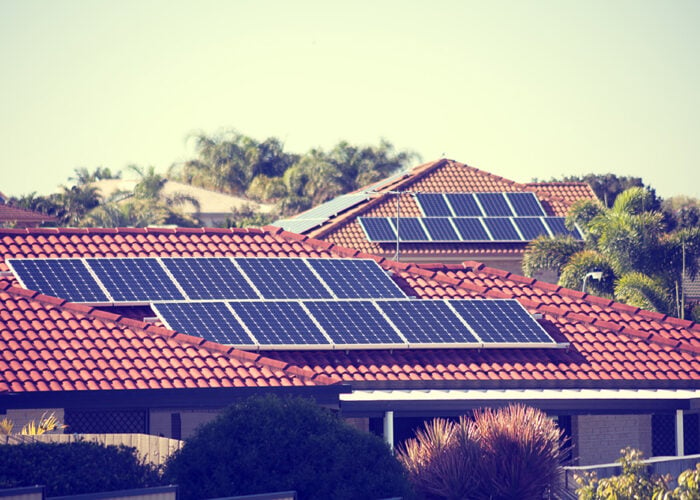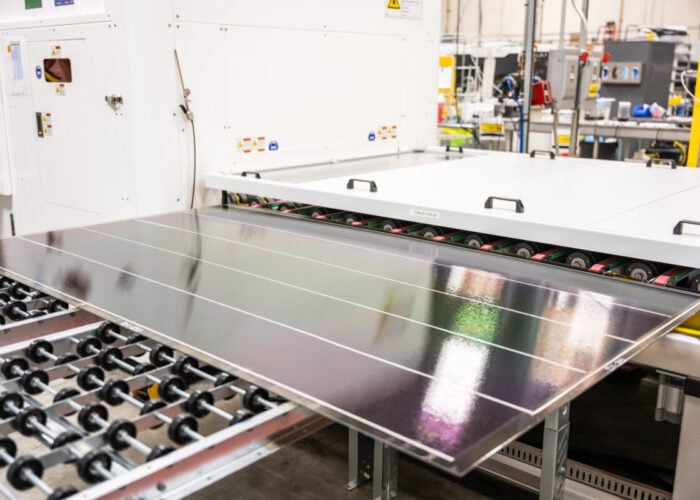
The US International Trade Commission (ITC) will investigate patent infringement allegations filed by Trinasolar US against fellow solar manufacturers Runergy and Adani Solar over solar cell technology.
The US arm of Chinese solar manufacturing giant Trinasolar filed the patent infringement complaint last month regarding tunnel oxide passivated contact (TOPCon) solar cells and the processes used to manufacture them. The ITC has now confirmed that it has opened an investigation into the alegations.
Unlock unlimited access for 12 whole months of distinctive global analysis
Photovoltaics International is now included.
- Regular insight and analysis of the industry’s biggest developments
- In-depth interviews with the industry’s leading figures
- Unlimited digital access to the PV Tech Power journal catalogue
- Unlimited digital access to the Photovoltaics International journal catalogue
- Access to more than 1,000 technical papers
- Discounts on Solar Media’s portfolio of events, in-person and virtual
According to the ITC’s notice of investigation, the complaint seeks to bar the import and further US sales and marketing of TOPCon cells and modules containing TOPCon cells, which allegedly infringe Trinasolar’s patents for manufacturing processes.
The complaints were filed on behalf of Trina Solar’s Chinese business, its US headquarters in Fremont, California and its Wilmer, Texas manufacturing unit.
Since filing the complaints, Trinasolar has announced the sale of its Texas solar module manufacturing facility to Norwegian battery manufacturer Freyr Battery. The sale was announced on the same day as Donald Trump’s presidential election victory, which raises the spectre of greater tariffs and trade sanctions on Chinese businesses operating in or shipping to the US.
The week after Trina filed the complaints, Runergy petitioned the Patent and Trademark Office (PTO) to cancel them. It claimed that: “The two challenged patents did not result from Trinasolar’s own work but were only purchased by Trina Solar from others in February 2024” and are therefore “unpatentable”.
Trinasolar US president, Steven Zhu, said the company’s “commitment to protecting our intellectual property remains firm.”
Trade and patent disputes intensify
Chinese-owned solar companies shipping to or operating in the US stand on uncertain ground at the moment. Under a second Trump presidency, imports to the US for all solar companies will likely become more challenging, though Chinese firms stand to be hit hardest. Whilst almost no solar products come directly from China to the US, the US government has already shown its willingness to extend trade defences beyond Chinese borders in pursuit of Chinese companies.
US senators have also attempted to exclude Chinese solar manufacturers and other “foreign entities of concern” from the IRA’s 45X advanced manufacturing tax credit, which has proved instrumental in expanding the country’s domestic module manufacturing capacity. President-elect Trump is not unlikely to impose this change.
In its sale of the 5GW Texas module production facility to Freyr Battery, Trinasolar acquired 9.9% of Freyr’s outstanding common stock; if “certain conditions” are met, it will acquire a further 11.5%. The modules sold from the facility will also continue to bear Trinasolar branding, and the two companies said they will form a “cooperation plan” for the long term.
Freyr, a Norwegian company, is listed on the New York stock exchange.
Concurrently, patent infringement disputes over TOPCon technology have become commonplace in the industry over the last year. Manufacturers are increasingly wielding lawsuits against one another as TOPCon technology becomes more widespread and, crucially, the sector faces intense price competition and oversupply.
Trinasolar itself has a separate US patent infringement case open against rival Canadian Solar for TOPCon module technology.
More unusually, cadmium telluride (CdTe) thin-film module producer First Solar opened a series of TOPCon patent infringement investigations against major Chinese rivals in the US, including Trinasolar, earlier this month. First Solar does not produce TOPCon technology, though its CdTe products are a major technological rival to silicon products in the US.







